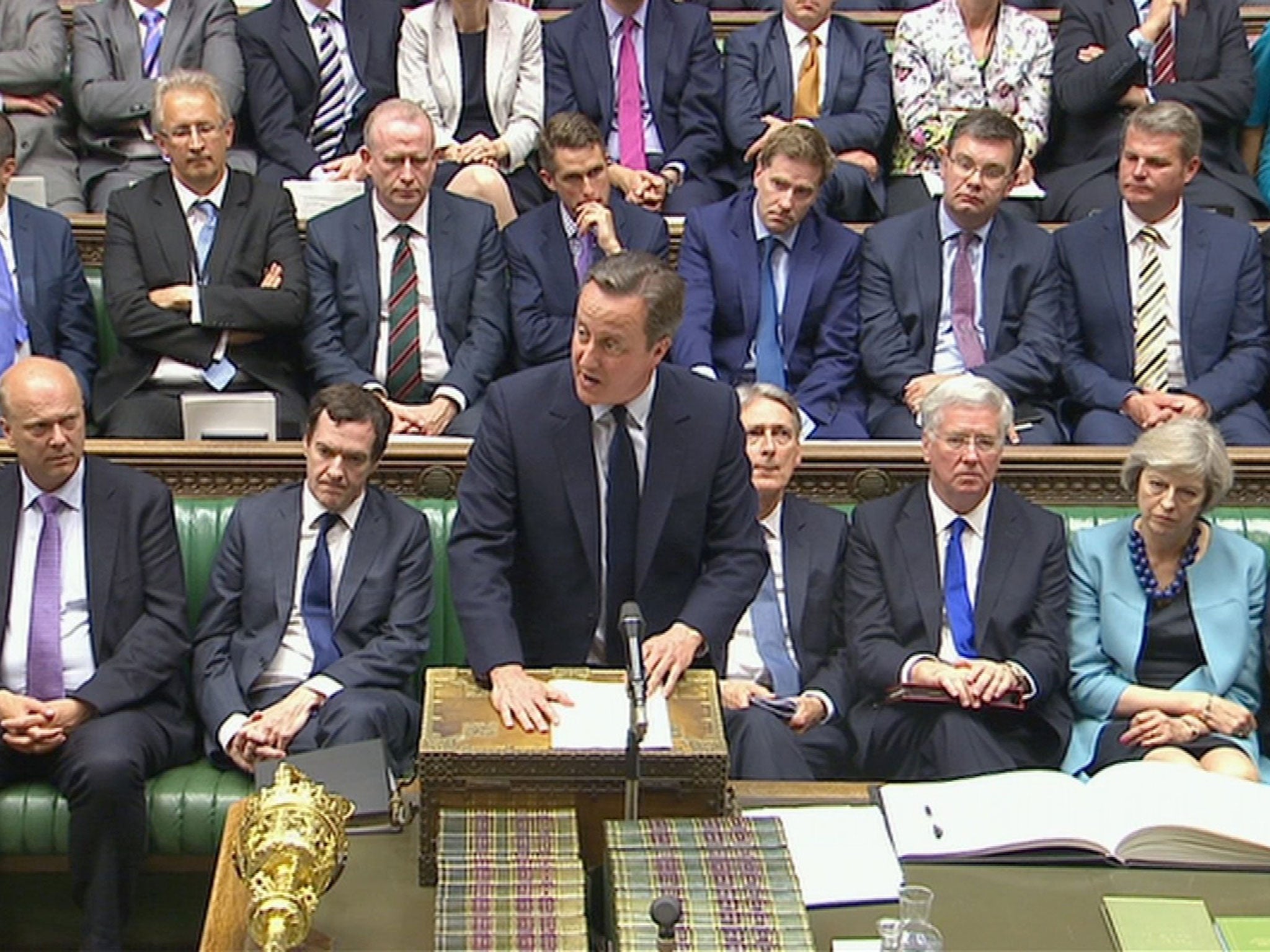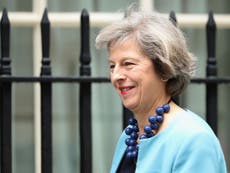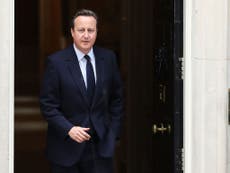5 ways the political scene changed yesterday
Boris Johnson could be prime minister in nine weeks


On another dramatic day in politics, Jeremy Corbyn tried to turn the tables on his Labour critics by announcing his new Shadow Cabinet, finding replacements for the 11 frontbenchers who resigned on Sunday after he sacked Hilary Benn. But the exodus continued as another 17 frontbenchers quit their posts on Monday. Tom Watson, Labour’s deputy leader, told Corbyn he had lost the confidence of the Parliamentary Labour Party and said the party was moving towards a leadership election.
With both main parties in turmoil, the leaders of Tory MPs agreed that David Cameron’s successor would be in place by 2 September – a month earlier than the outgoing Prime Minister planned.
Labour: what happened?
The Parliamentary Labour Party agreed to hold a vote of no confidence in Jeremy Corbyn on Tuesday in an attempt to force him to stand down. The number of frontbenchers leaving their jobs in protest at his leadership rose to 29. But a defiant Corbyn announced a new Shadow Cabinet team.
What it means
The rebellion against Corbyn is gathering strength after his lacklustre campaign in the EU referendum and amid the prospect of heavy losses for Labour if the new Tory prime minister calls an early general election. The latest resignations included Angela Eagle, the shadow Business Secretary, who deputised for Corbyn at Prime Minister’s Questions and is a possible successor if he is ousted. The Labour leader faces a humiliating defeat in the no confidence vote, which would put more pressure on him to fall on his sword.
Tories: what happened?
Leaders of the 1922 Committee of Tory MPs agreed that David Cameron’s successor will be chosen by 2 September at the latest. The timetable is quicker than that envisaged by Cameron, who suggested he would stand down as prime minister by 2 October when he announced his resignation last Friday.
What it means
Boris Johnson could be prime minister in nine weeks. In theory at least, he could call a snap general election as early as October to secure a personal mandate from the public. The shorter than expected timetable is a boost for Boris, the front-runner with momentum after playing such a prominent role in the Leave campaign. It is bad news for his rivals including Theresa May, the Home Secretary. Nominations close on Thursday. Tory MPs begin voting next week, whittling down the field until two names are left – probably Boris and May. This shortlist goes to a ballot of then party’s 125,000 members.
Cabinet meeting: what happened?
The Cabinet met for the first time since the referendum – without Boris Johnson, who only attends “political” meetings without civil servants present.
What it means
Ministers accepted last Thursday’s result and rejected calls for an immediate second referendum, as demanded by 3.7 million people who have signed a petition to the House of Commons.
Although formal negotiations with the EU on our exit terms will not begin until the new PM is in place, the Cabinet agreed to set up a “Brexit unit” in Whitehall to allow civil servants to prepare the ground and options for the EU talks. Oliver Letwin, the Cabinet minister in charge of policy, will take soundings within and outside government on the next steps.
David Cameron: what happened?
David Cameron made a Commons statement on the outcome of the referendum, and his decision to resign as prime minister.
What it means
Cameron gave a very strong hint that he would like the UK to keep the advantages of the single European market after we leave the EU. So, probably, would a large majority of MPs, who may vote for it in the Commons. This is a potential headache for the new PM, as the EU would almost certainly demand continued free movement in return. That would make it harder for Boris Johnson and his allies to reduce immigration.





Join our commenting forum
Join thought-provoking conversations, follow other Independent readers and see their replies